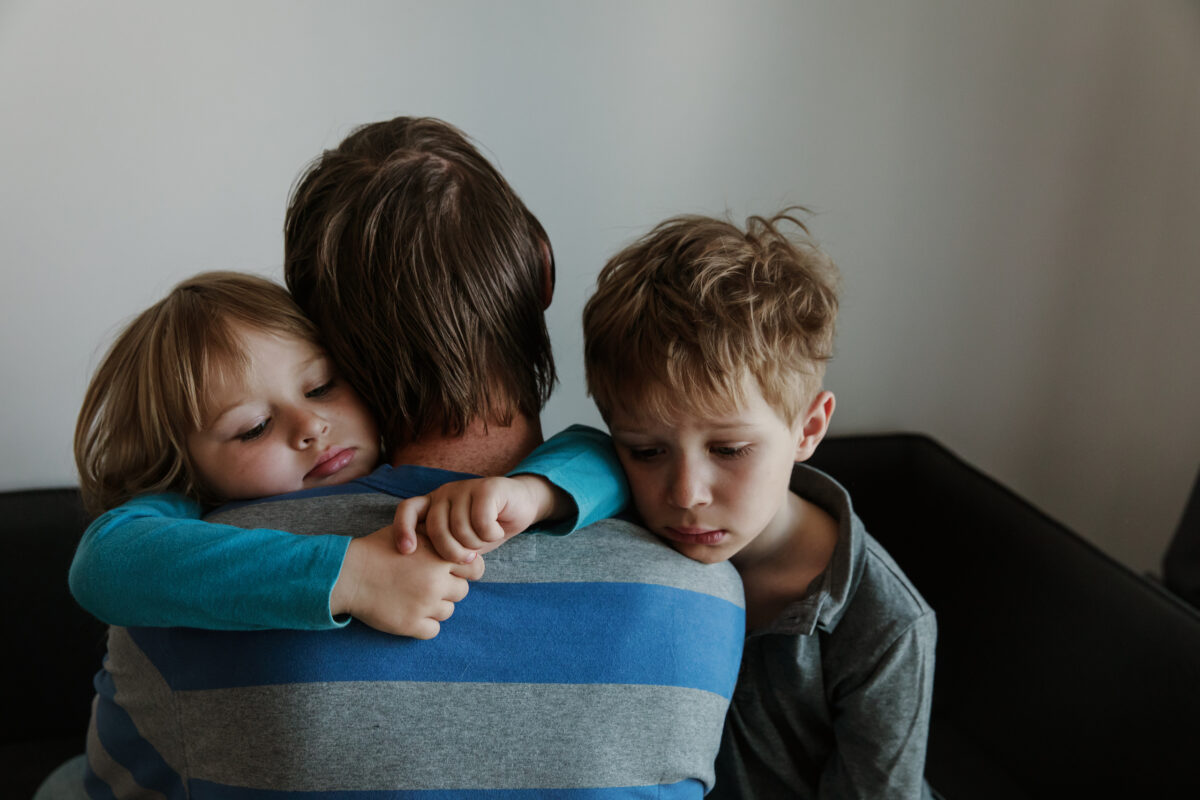The Psychological Impact of Biohazardous Situations: Supporting Affected Families

In our modern world, the occurrence of biohazardous situations is an unfortunate reality that cannot be ignored. These situations, often stemming from chemical spills, infectious disease outbreaks, or hazardous material accidents, can have far-reaching consequences beyond immediate physical health concerns.
Families who find themselves caught in such biohazard incidents often face a unique set of challenges that extend to their psychological well-being. Here at The BioClean Team we know how to handle the mess, and we want to offer support to those who will need it. This time on the blog let’s delve into the profound psychological impact of biohazardous situations on affected families and discuss the crucial role of support systems in helping them cope and heal.
The Unseen Scars: Understanding the Psychological Impact
When a biohazardous situation occurs, it not only poses a direct threat to the health and safety of individuals but also triggers a cascade of emotional and psychological responses. Families exposed to such situations often experience various emotions, including fear, anxiety, anger, and helplessness. The unpredictability of these incidents amplifies these emotions, leaving families in a state of vulnerability and uncertainty.
Trauma and Stress Reactions
Biohazardous situations can lead to trauma for those directly affected and those who witness the aftermath. Individuals might experience nightmares, flashbacks, and heightened anxiety, known as post-traumatic stress reactions. These symptoms can persist long after the incident has passed, affecting the daily lives of family members.
Guilt and Self-Blame
Families might grapple with feelings of guilt and self-blame, even if the incident was beyond their control. Parents may blame themselves for not protecting their children adequately, while children might feel guilty for not being able to shield their parents. These feelings can contribute to a cycle of emotional distress.
Disruption of Routine
Biohazardous incidents often force families to temporarily evacuate or relocate. This disruption of routine can lead to a sense of displacement and loss of stability. Children, in particular, may struggle with adjusting to a new environment, leading to emotional and behavioral challenges.
Stigmatization and Isolation
Families who have experienced biohazardous situations might encounter social stigma due to the perceived risk of contamination. Friends, neighbors, and even extended family members may keep their distance, inadvertently isolating the affected families. This isolation can intensify feelings of loneliness and exacerbate psychological distress.
Anxiety About the Future
The uncertainty surrounding long-term health effects and the possibility of recurrence can lead to persistent anxiety about the future. Families may constantly worry about potential health issues, creating an ongoing state of stress.
Supporting Affected Families: A Multifaceted Approach
Recognizing the profound psychological impact of biohazardous situations is the first step toward providing effective support for affected families. A multifaceted approach that combines professional assistance, community engagement, and self-care strategies is essential to help families navigate the challenges they face.
Immediate Psychological First Aid
Immediately after a biohazard incident, affected families should receive psychological first aid. Trained mental health professionals can provide emotional support, help families process their feelings, and offer coping strategies. This initial intervention can prevent the development of more severe psychological issues.
Long-Term Mental Health Support
As the effects of the incident may linger, long-term mental health support is crucial. Individual and family therapy can help address trauma reactions, improve communication within the family unit, and develop effective coping mechanisms.
Community Resilience Programs
Community support plays a significant role in helping families heal. Resilience programs that bring affected families together, community members, and local organizations can foster a sense of belonging and provide a platform for sharing experiences.
Education and Information
Providing families with accurate information about the biohazardous incident, potential health risks, and preventive measures can alleviate anxiety. Knowledge empowers families to take appropriate actions and regain a sense of control.
Promoting the Resumption of Normalcy
Helping families return to their regular routines as soon as possible can restore a sense of normalcy. This might involve facilitating the clean-up and decontamination or helping families find temporary accommodations.
Self-Care Strategies
Encouraging affected families to prioritize self-care is vital. Engaging in activities that promote relaxation and well-being, such as exercise, meditation, and creative outlets, can help manage stress and anxiety.
The psychological impact of biohazardous situations on affected families is a complex and challenging. It extends far beyond the immediate health risks and can affect emotional well-being. Recognizing these families’ unique challenges and providing comprehensive support is essential for their recovery.
By combining professional assistance, community engagement, and self-care strategies, we can help affected families navigate the difficult journey toward healing and resilience. As a biohazard cleanup company, we are committed to managing the physical aftermath of such incidents, but it is a communal effort to address the psychological needs of the families affected by them.
